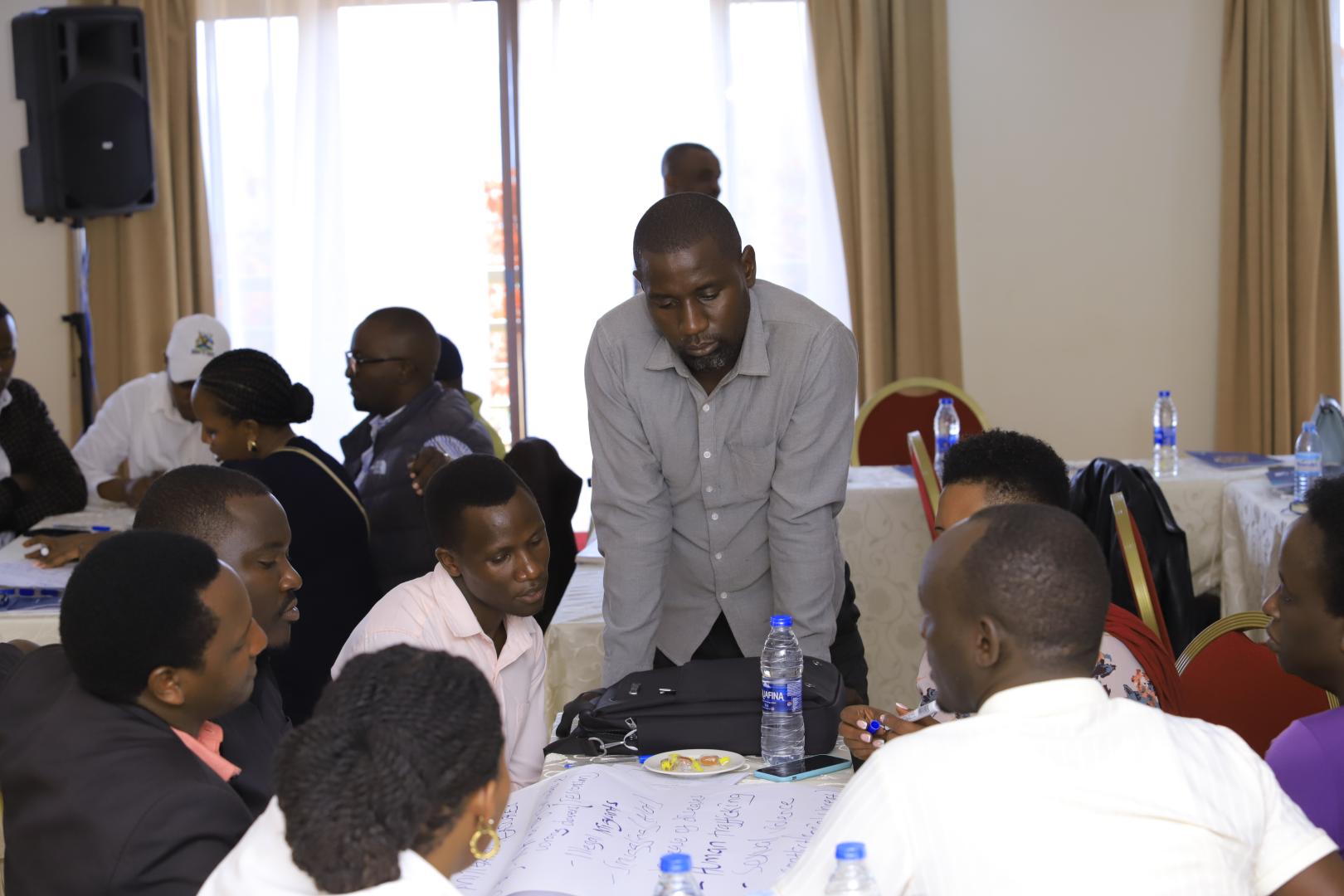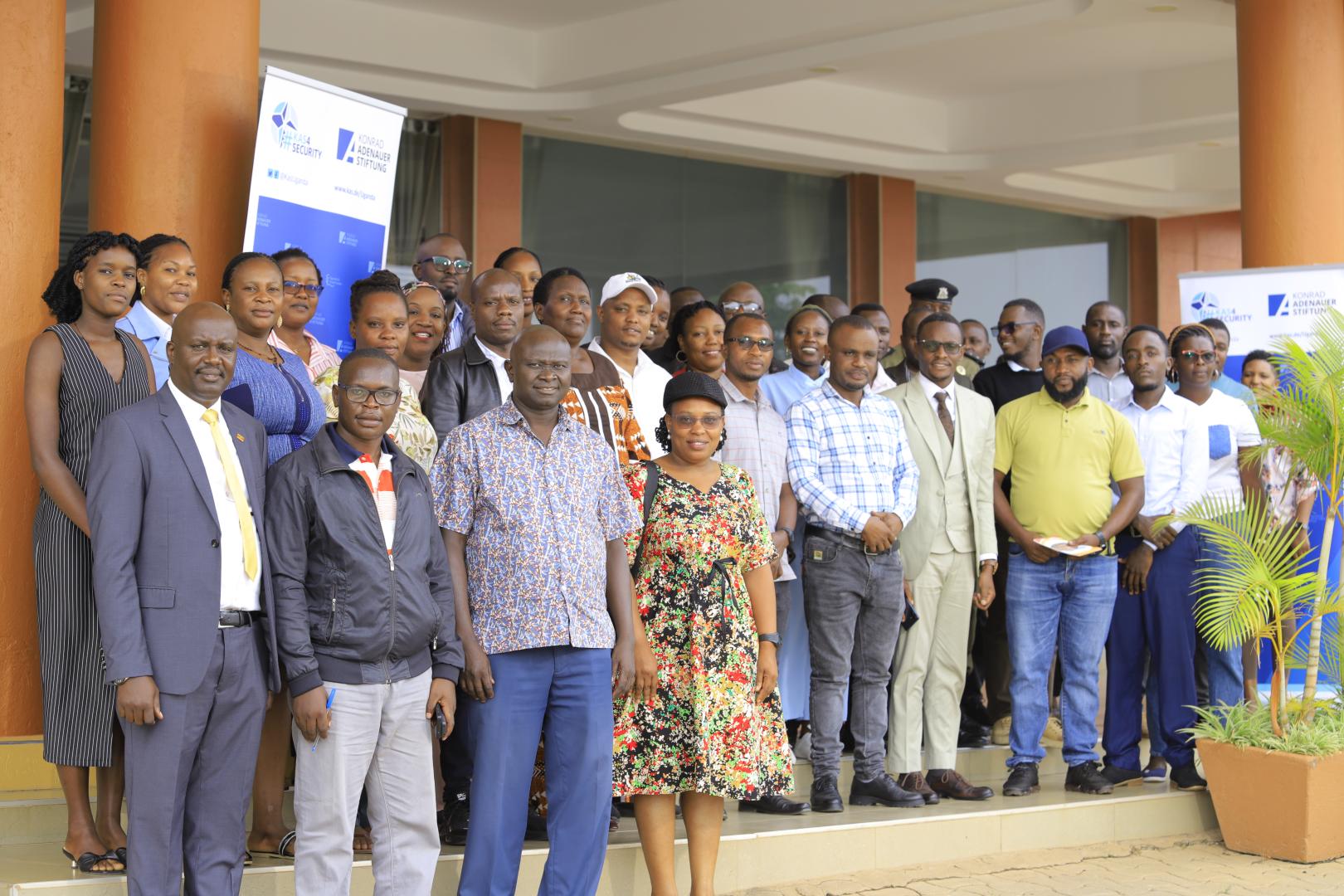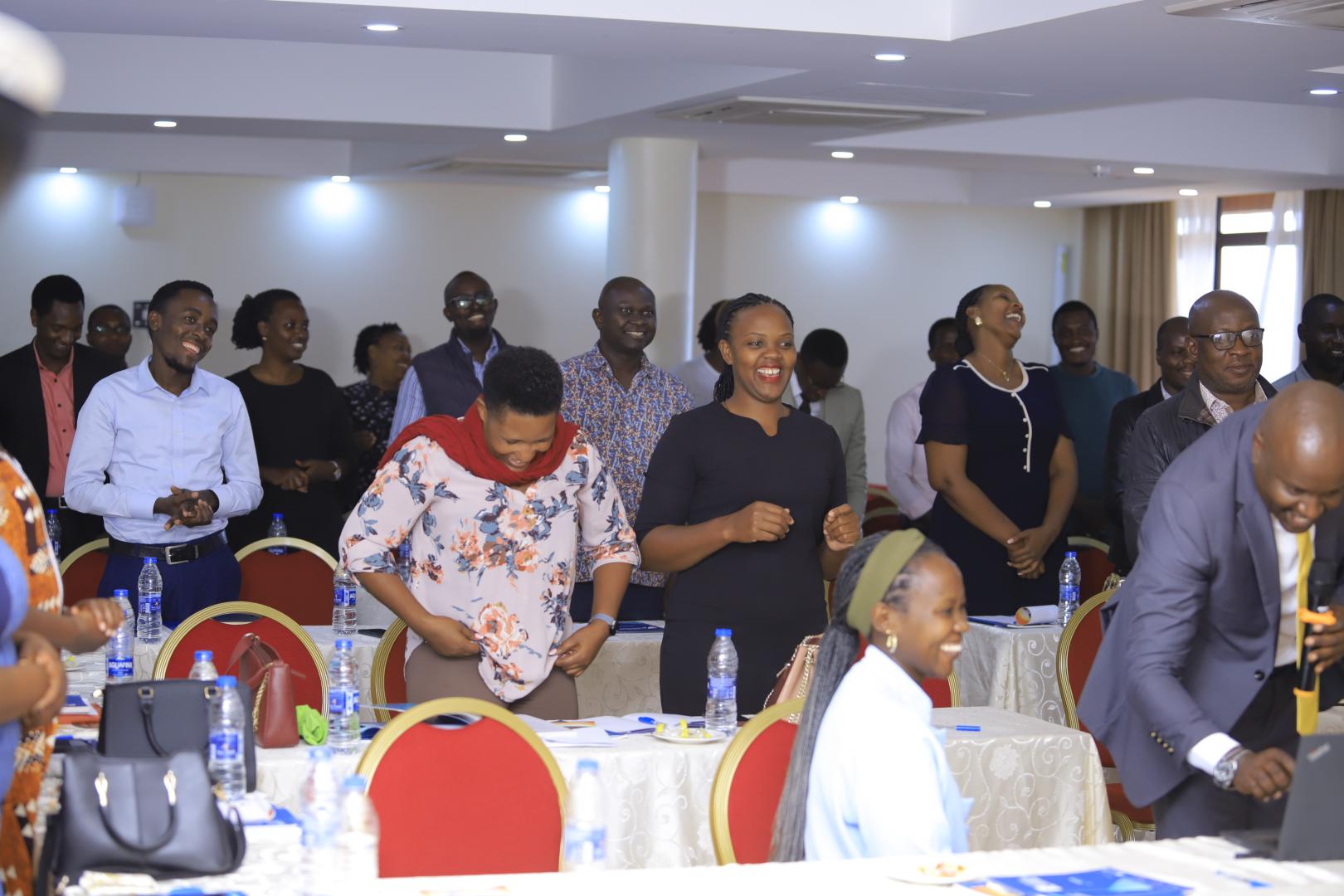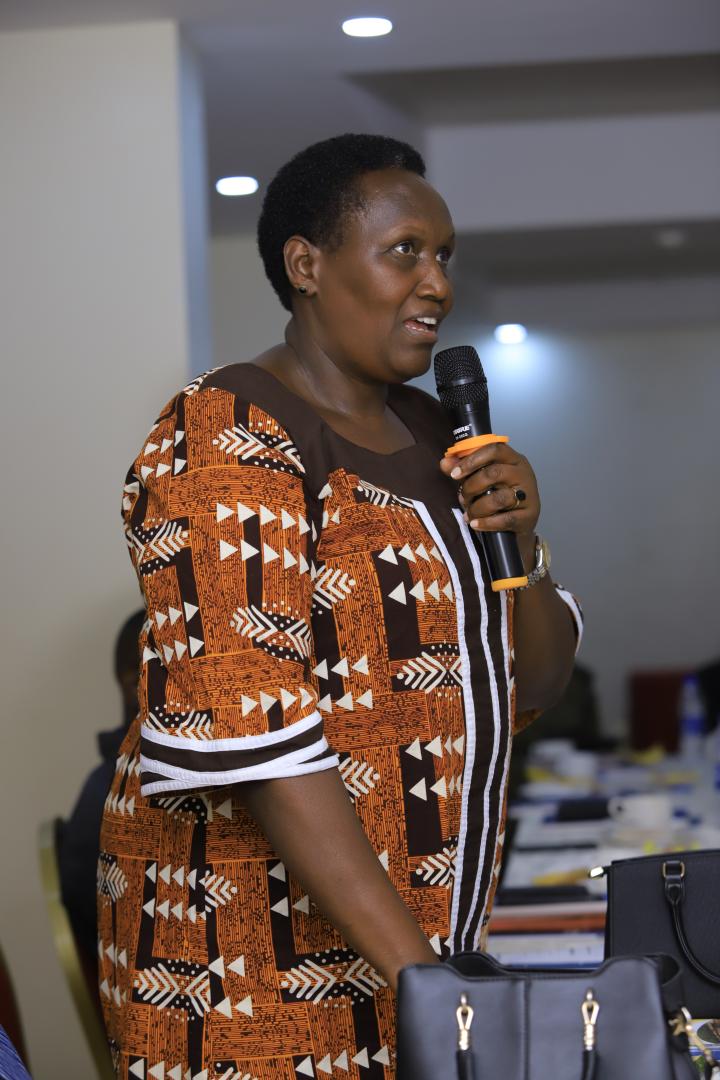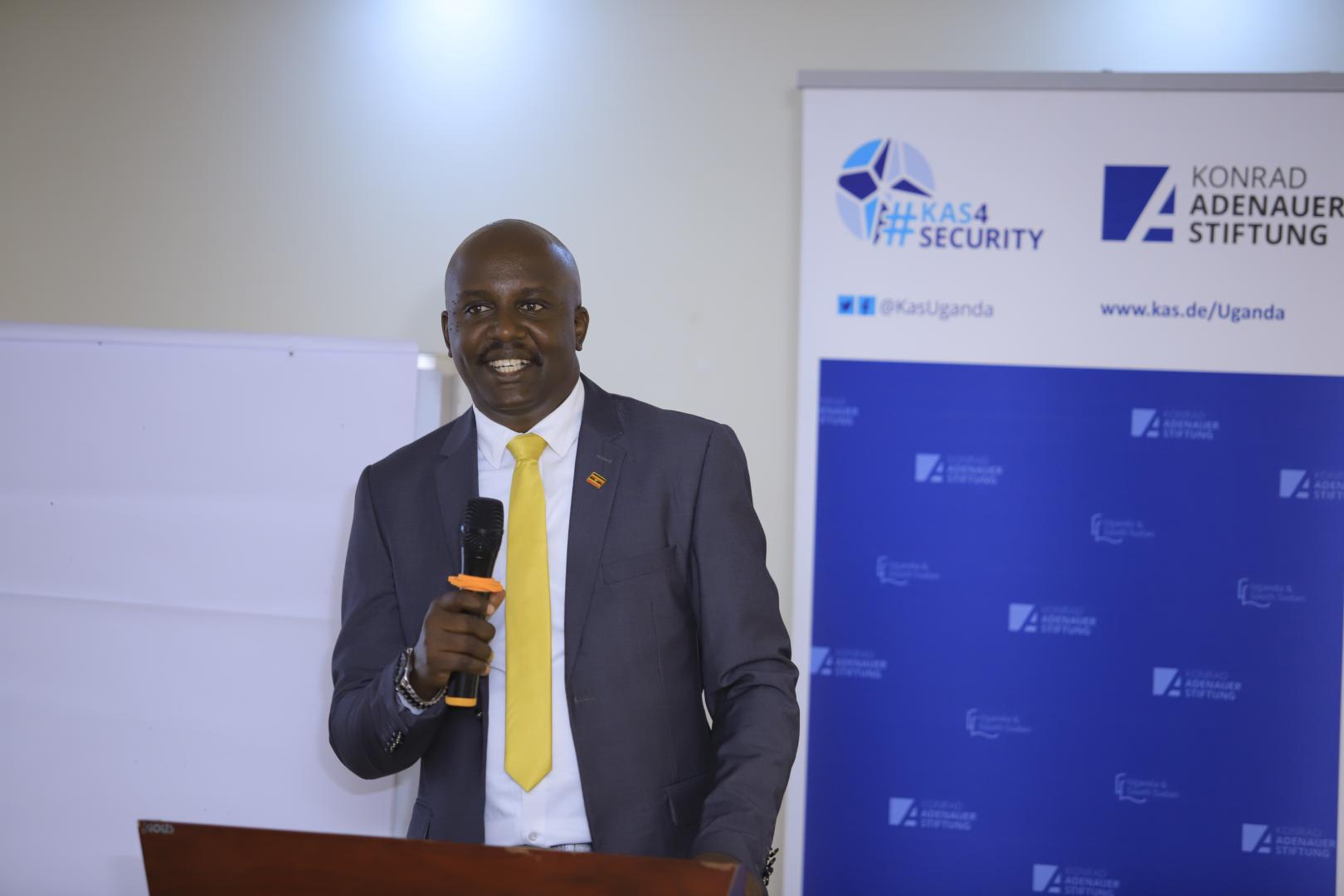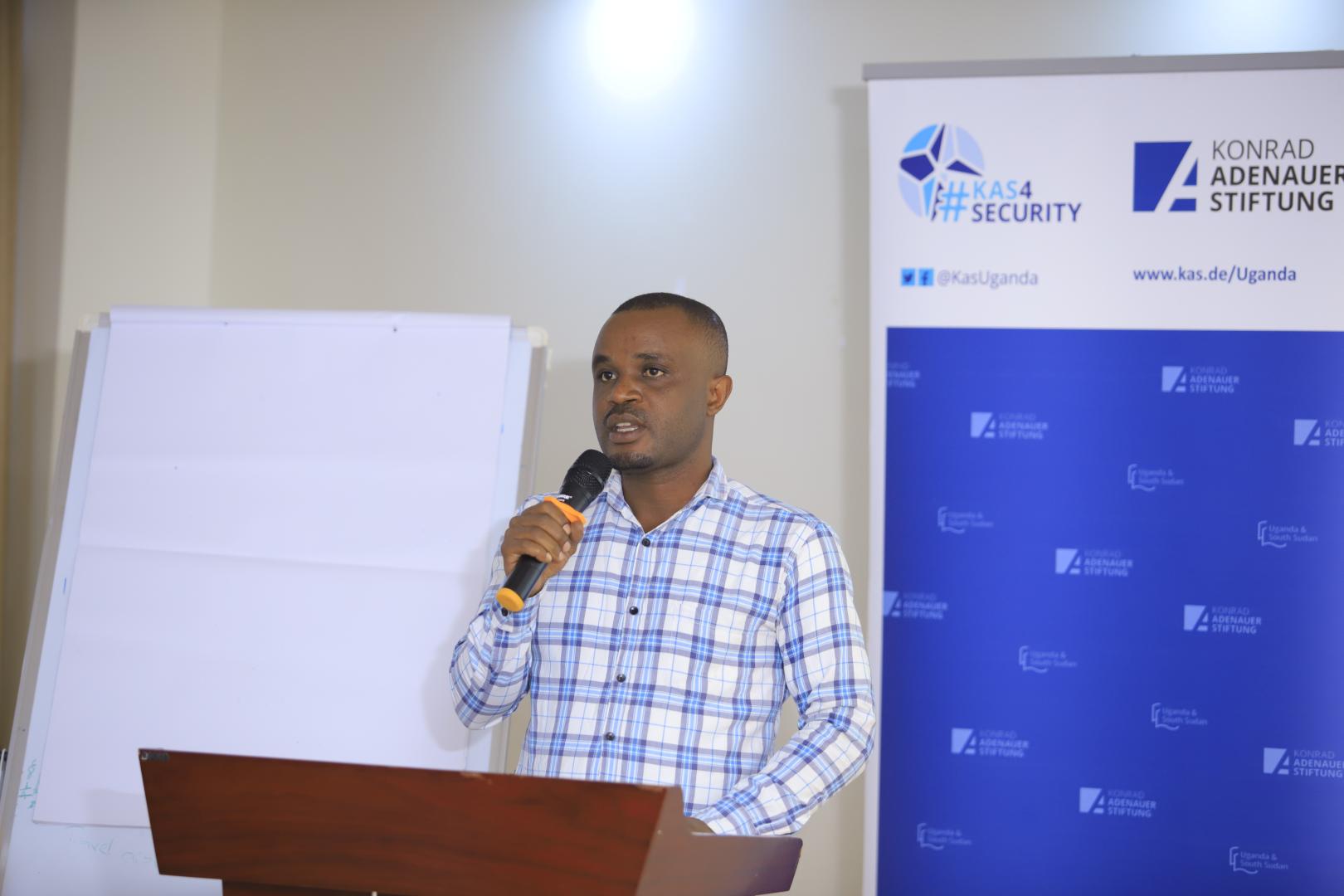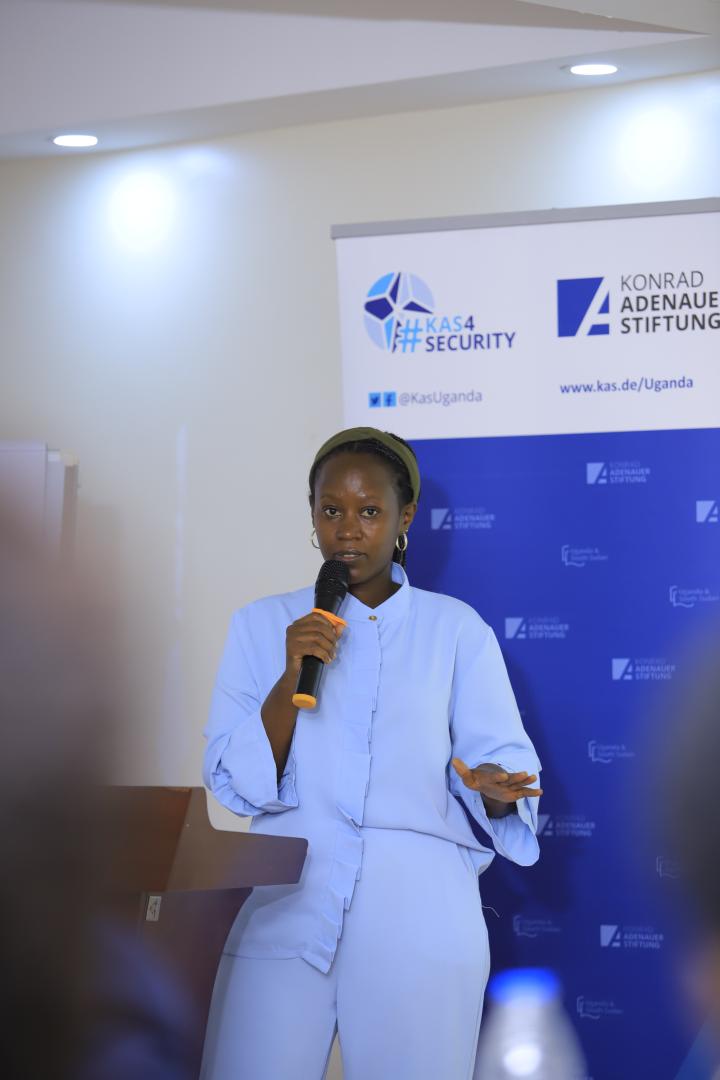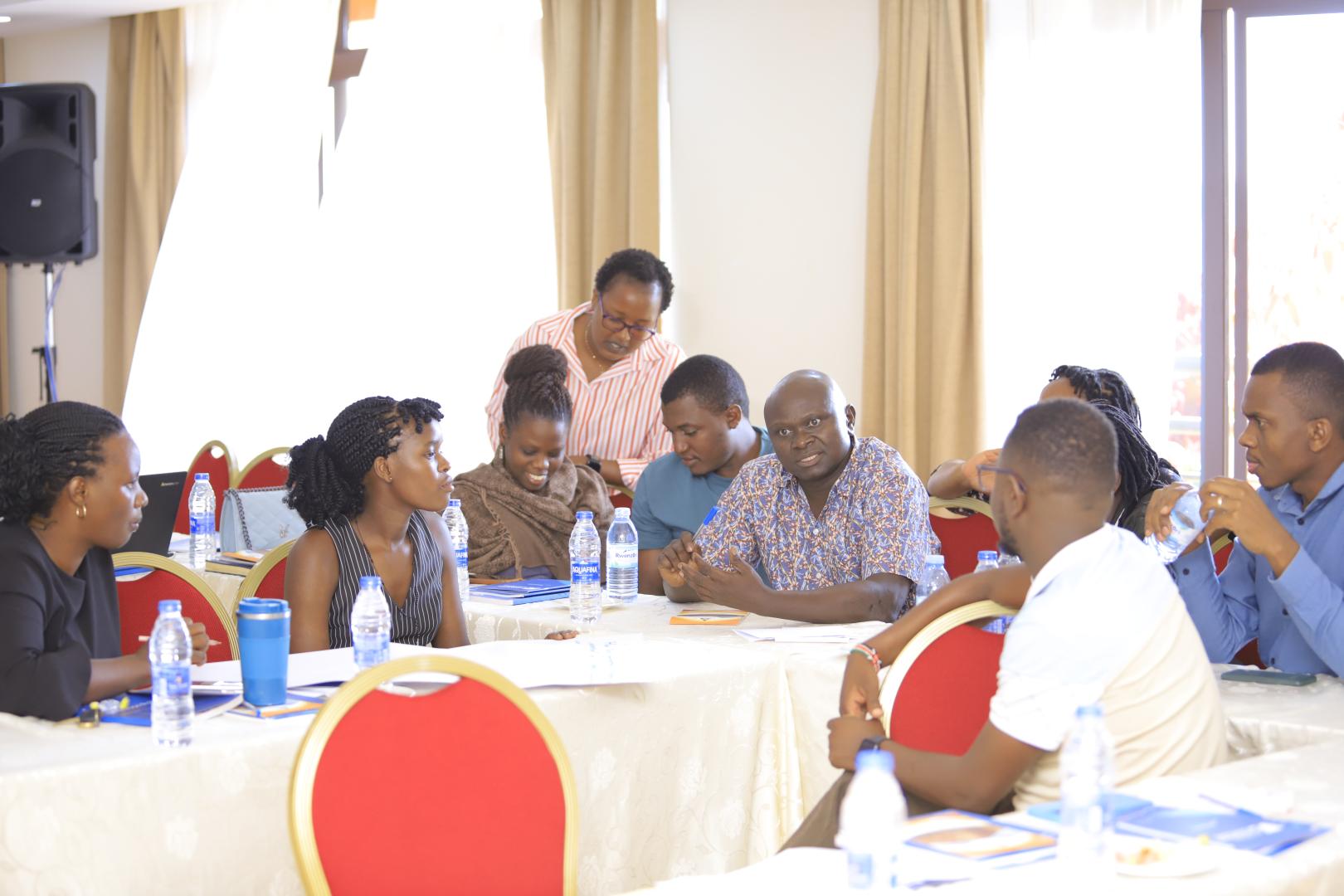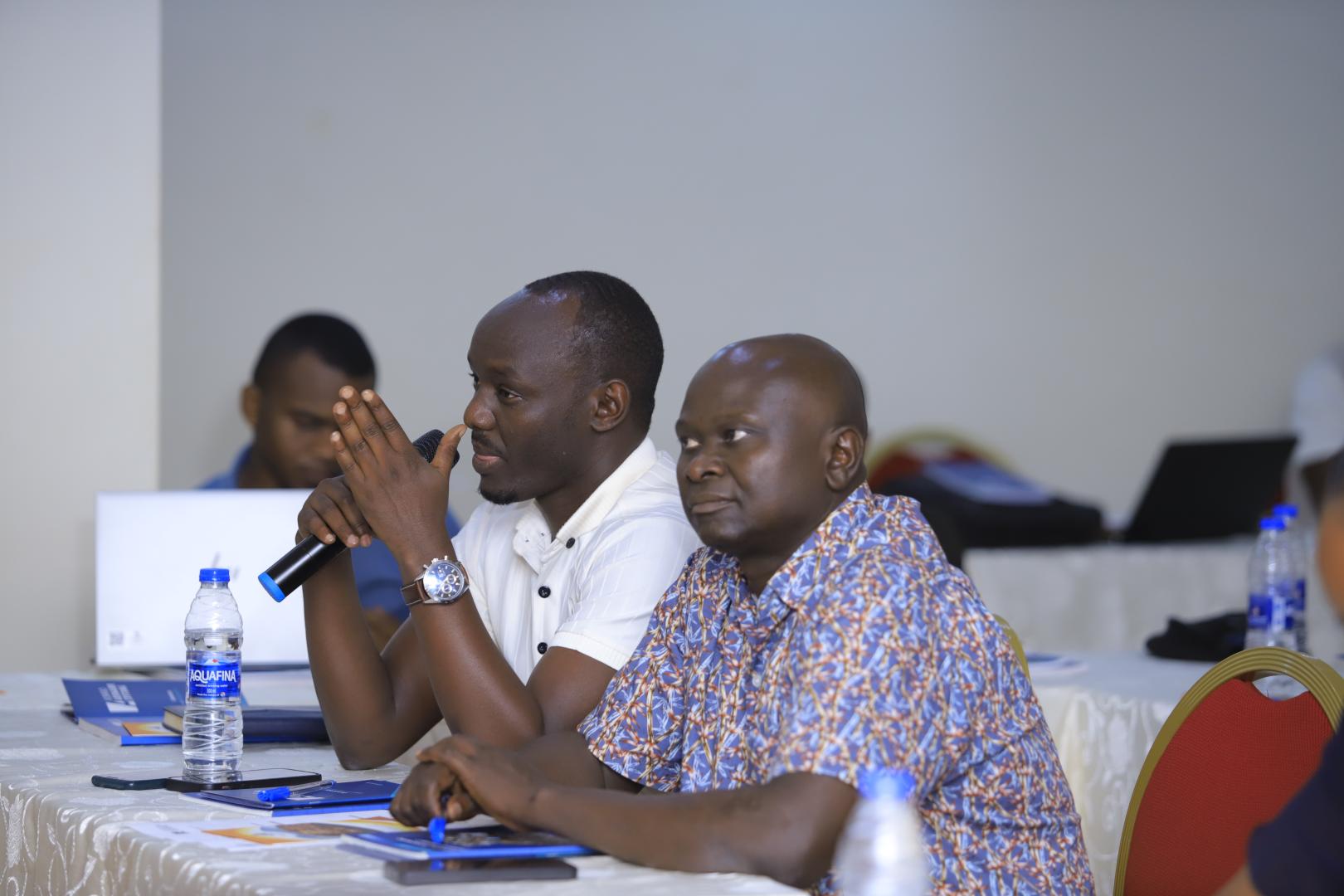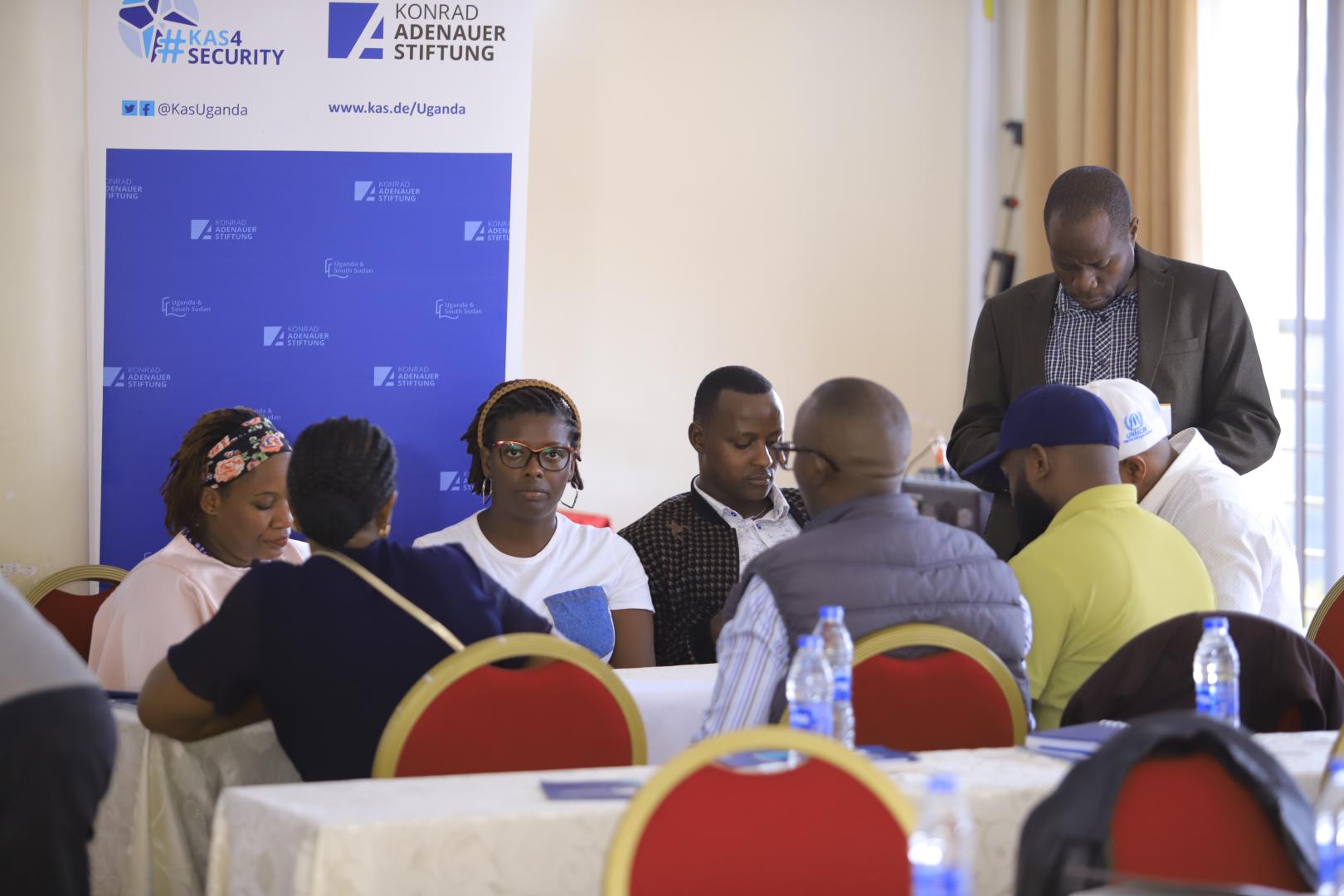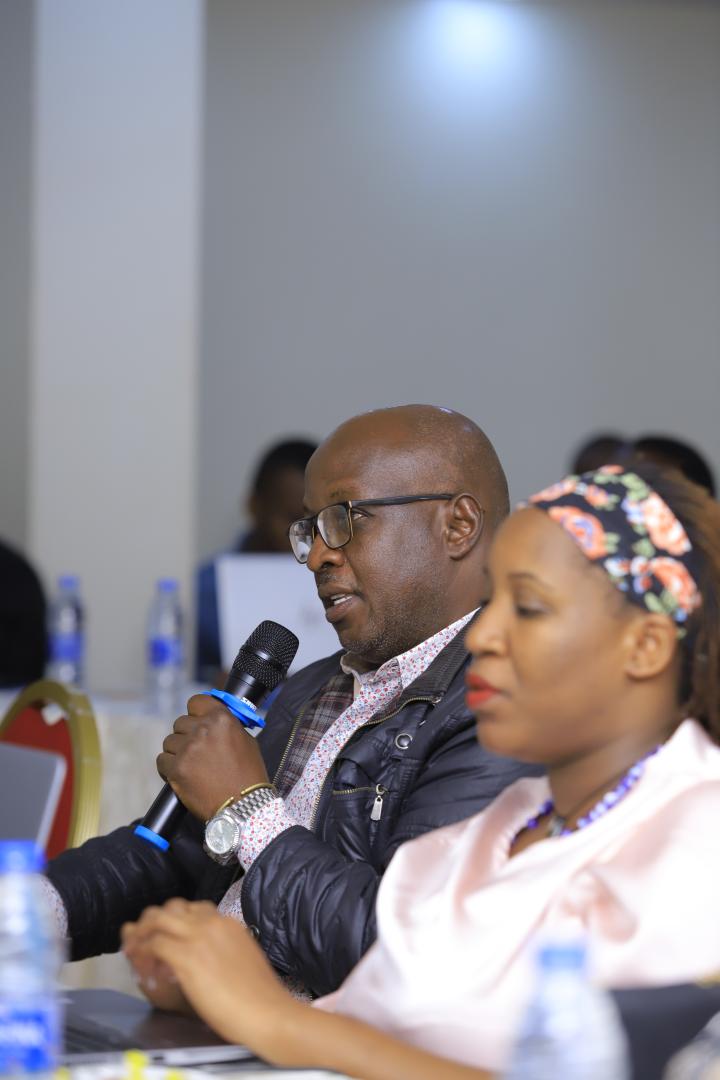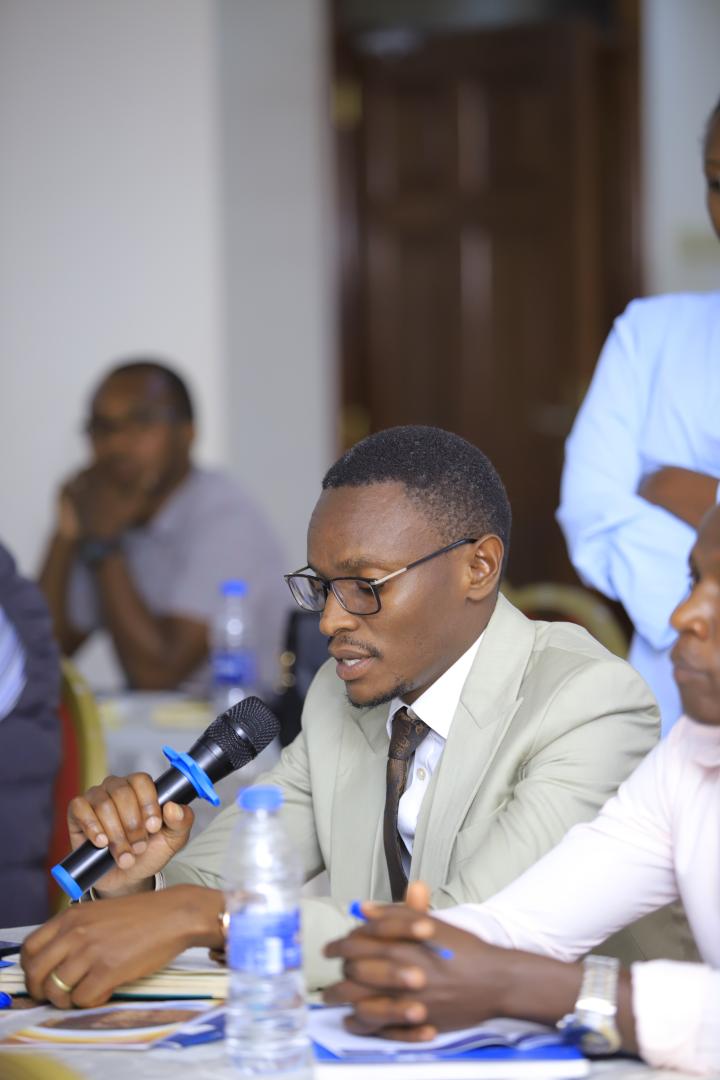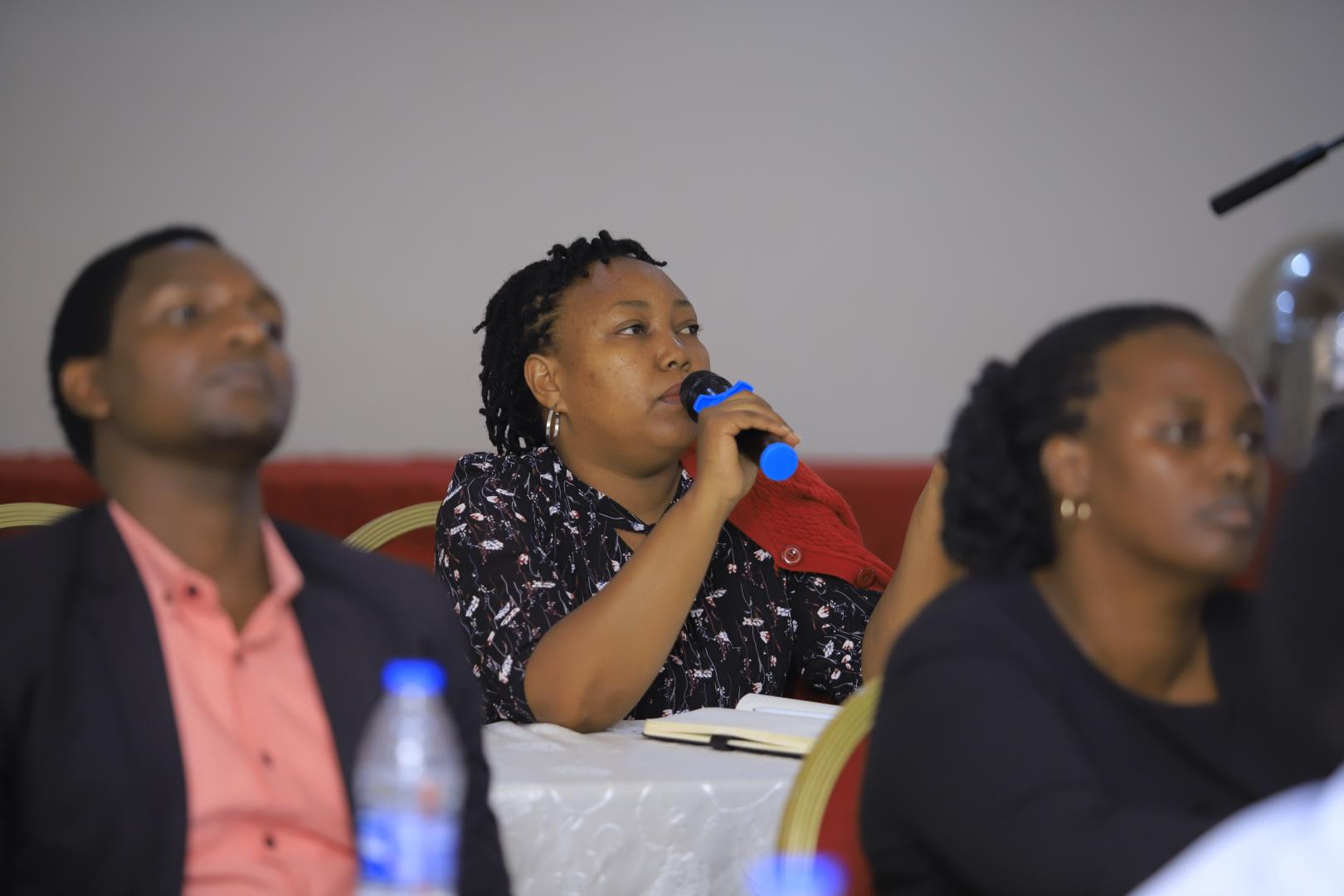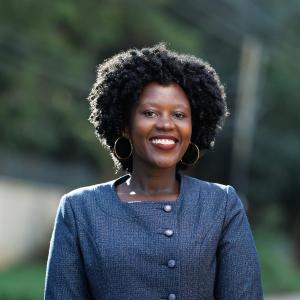Recognizing these challenges, Global Refugee Talent (RGT), in partnership with Konrad-Adenauer-Stiftung Uganda and South Sudan, organized a multi-stakeholder engagement event in Mbarara City to analyze governance shortcomings, enhance collaborative conflict resolution mechanisms, and establish community-based solutions for lasting peace. Participants included local government officials, refugee leaders, security personnel, humanitarian organizations, and civil society representatives.
One of the critical topics discussed was the intersection of governance and migration management. Poor governance structures, coupled with corruption and exclusionary policies, have contributed significantly to displacement trends. Experts emphasized the need for increased transparency, accountability, and inclusive decision-making processes in addressing these challenges.
Shared experiences illustrate that underperformance in peace and governance often stems from an incomplete understanding of root causes, as well as the capacity and commitment required to address them. The challenges in refugee-hosting regions of Uganda are intricately linked to poor governance and border-to-border displacement. Addressing these challenges will require significantly increased multi-stakeholder engagement, with an emphasis on practical action and monitoring over mere dialogue. Peace, governance, and the stability of refugee-hosting regions are interlinked in an equal partnership. Therefore, the stability of these regions should be a priority concern for all stakeholders in peace and governance.
Security remains a paramount concern in refugee-hosting regions, with border conflicts often escalating due to limited coordination between security forces and humanitarian agencies. The event featured a panel discussion with security experts and regional leaders who outlined strategies to mitigate migration-related conflicts.
First, the constantly shifting dynamics of the root causes and conflicts underpinning poor governance and border-to-border displacement were examined, particularly through the lens of one actor’s perspective in peace intervention. While global and regional peace governance frameworks are widely acknowledged and endorsed, their application remains overly focused on historical or global modes of analysis that lack nuance or sensitivity to local contexts. There is little understanding or engagement with the temporal and spatial politics of peace. In light of this, interventions should better accommodate local understandings of peace and conflict and the historical and political contexts shaping them. This includes recognizing the potential of communities in conflict-affected regions to be proactive agents in governing their own peace.
Second, it was discussed why, despite the pressures and expectations of global and regional frameworks, coping with the continuously shifting dynamics of the root causes and conflicts becomes particularly challenging for resource-scarce states like Uganda. The capacity drain caused by global and regional peace governance frameworks makes it difficult to sufficiently tackle pre-existing challenges, especially in conflict-prone regions. Such challenges are often regarded as secondary concerns by the global powers advancing these peace frameworks, even though they significantly undermine efforts to achieve and sustain peace. Additionally, states often have little choice but to endorse these frameworks, even if they lack the resources, legitimacy, and internal cohesion required for their effective implementation. Hence, the challenges arising from resource scarcity and competing priorities in peace governance are often institutionalized through the very frameworks meant to mitigate them.
A significant outcome of the engagement was the establishment of peace committees within refugee settlements. These committees, comprising refugee leaders such as the refugee welfare councils, and host community representatives, aim to foster dialogue, address grievances, and mediate conflicts at the grassroots level. Participants emphasized that refugees are not merely recipients of aid but active agents in peacebuilding efforts.
Third, the multidimensional and interconnected nature of the challenges posed by poor governance and border-to-border displacement in the western region of Uganda was discussed. These challenges stem from both external and internal factors that chain together through a diversity of socio-spatial connections and temporalities. The impacts are neither straightforwardly localized nor easily contained within just Uganda, as the challenges consistently shift across borders, either reformulating or intensifying. In many areas, states confront the same challenges simultaneously. However, differences in the capacity to respond to these challenges ultimately give rise to the persistence of these conflicts across borders and their uneven impacts.
The committees will serve as a bridge between different groups, facilitating conversations on shared challenges and working towards collective solutions. By institutionalizing these committees, stakeholders hope to create a sustainable framework for conflict resolution and governance improvements.
Finally, multi-stakeholder engagement was discussed as a means to better address shared governance and peace challenges. It is acknowledged that currently engaged stakeholders each have their own competing priorities, and expanding the focus of intervention beyond what is currently being considered is unlikely. However, expanding the current engagements to more effectively address the shared challenges in one context would be easier to achieve than attempting to bring additional stakeholders on board. It is therefore important that the currently engaged stakeholders commit to better-coordinated interventions and collectively take responsibility to ensure that the limitations of the current approaches do not cause adverse impacts. Listening to and learning from the experiences of those dealing with the consequences of conflict and dispossession is crucial in improving existing approaches and frameworks for intervention.
The engagement resulted in several key recommendations for policymakers and stakeholders:
- Strengthen Governance Structures: Government agencies must enhance accountability and transparency in refugee-related policies and service distribution.
- Empower Local Communities: Host communities should be actively involved in policy formulation and implementation to mitigate tensions.
- Enhance Security Coordination: Border security personnel and humanitarian organizations should collaborate to prevent and address migration-related conflicts.
- Expand Stakeholder Engagement: Future discussions should include broader participation from host communities to foster mutual understanding and cooperation.
- Leverage Data-Driven Approaches: Policymakers should use migration data to design evidence-based interventions that address forced displacement effectively.
The multi-stakeholder engagement in Mbarara successfully provided a platform for collaborative problem-solving in Uganda’s refugee-hosting regions. By focusing on governance, security, and conflict resolution, the discussions underscored the necessity of coordinated efforts to ensure sustainable migration management. The establishment of peace committees marks a significant step towards fostering long-term social cohesion and stability.
Moving forward, continued collaboration between governments, NGOs, and refugee representatives will be critical in addressing the root causes of displacement and ensuring a more stable and inclusive future for both refugees and host communities in Uganda.



